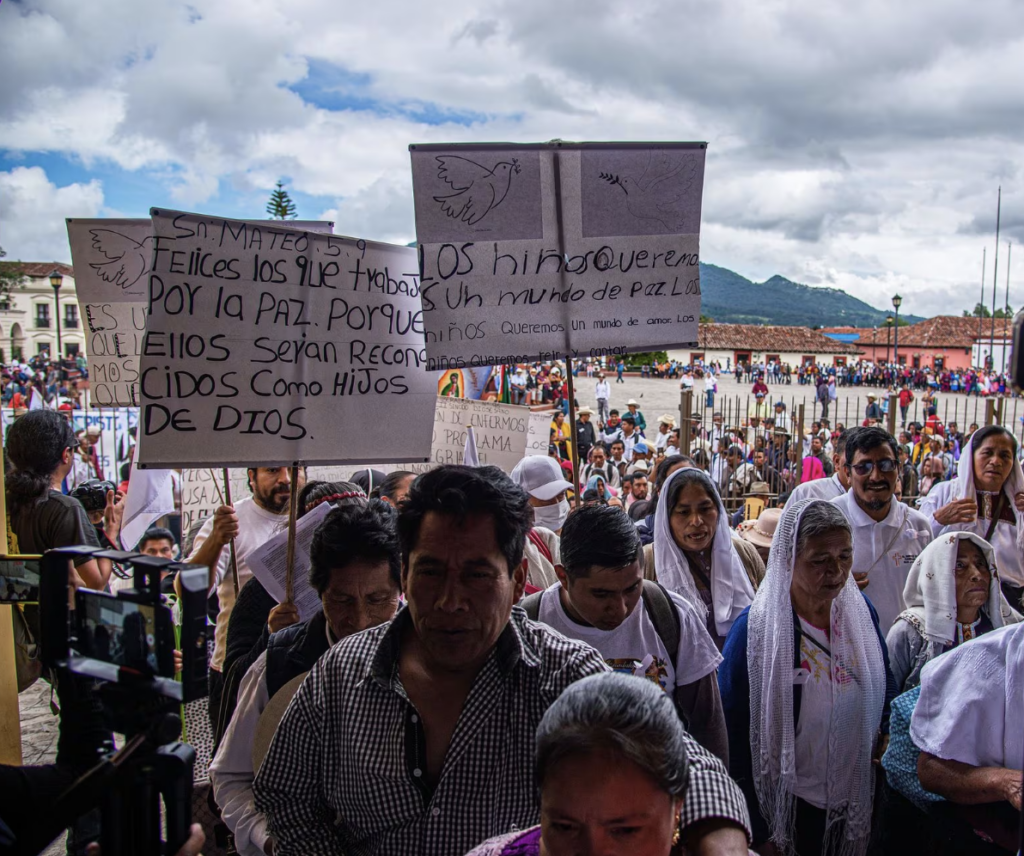According to an article by La Jornada, the North American Free Trade Agreement (NAFTA) has narrowed the relationship between drug trafficking and the rural society because of its devastating effects on national agricultural production in Mexico. The article states that in the past 15 years the sowing of marijuana and poppy seed in Chihuahua, Durango, Sonora, Guerrero, Oaxaca, Veracruz, Oaxaca, Chiapas and Morelos has intensified, coinciding with the signing of NAFTA.
A significant part of gunman and narco operators are youth, children of the laborers, who tend drug fields. A considerable amount of drug related money is laundered through rural activities. Some of the most powerful bosses say they dedicate themselves to ranching and possess the most modern ranches. Some even receive government subsidies from programs such as Procampo (resource transfer mechanism that compensates national producers for subsides that their foreign competitors receive). Many of these bosses donate important resources to mall populations. This expression of economic power in a rural world has lead to political power at all levels. It is impossible, La Jornada reports, to maintain the production of such big sowing fields without the complicity of police officers and other military parties.
According to Ricardo García Villalobos, president of Mexico’s agrarian reform court, of the 27 thousand 300 hectares and permanent crop that exist in the national territory, 7.2 million hectares are used to sow marijuana and poppy. Additionally, every 15 minutes a hectare (with narcotic sowing) is destroyed. Every year 8 thousand 640 are destroyed, representing 31.6% of cultivated acreage. He also contributes this intensifying trend to the signing of NAFTA.
Vicente Zambada Niebla (alais El Vicentillo), leader of the Sinaloa Cartel ,and Humberto García Ábrego from the Golfo cartel are some of the beneficiaries. The indigenous, however, grow dependent on the cultivation of narcotics. While access to education and better paying jobs is limited, indigenous laborers may see no other route but that of sowing narcotics, thus changing the rural landscape.
Source:
Navarro, Luis Hernandez. “El narcotráfico y la sociedad rural.” La Jornada. Octubre 6, 2009.
Relevant Site:
http://www.e-mexico.gob.mx/wb2/eMex/eMex_Programa_de_Apoyos_Directos_al_Campo_PROCAMPO




